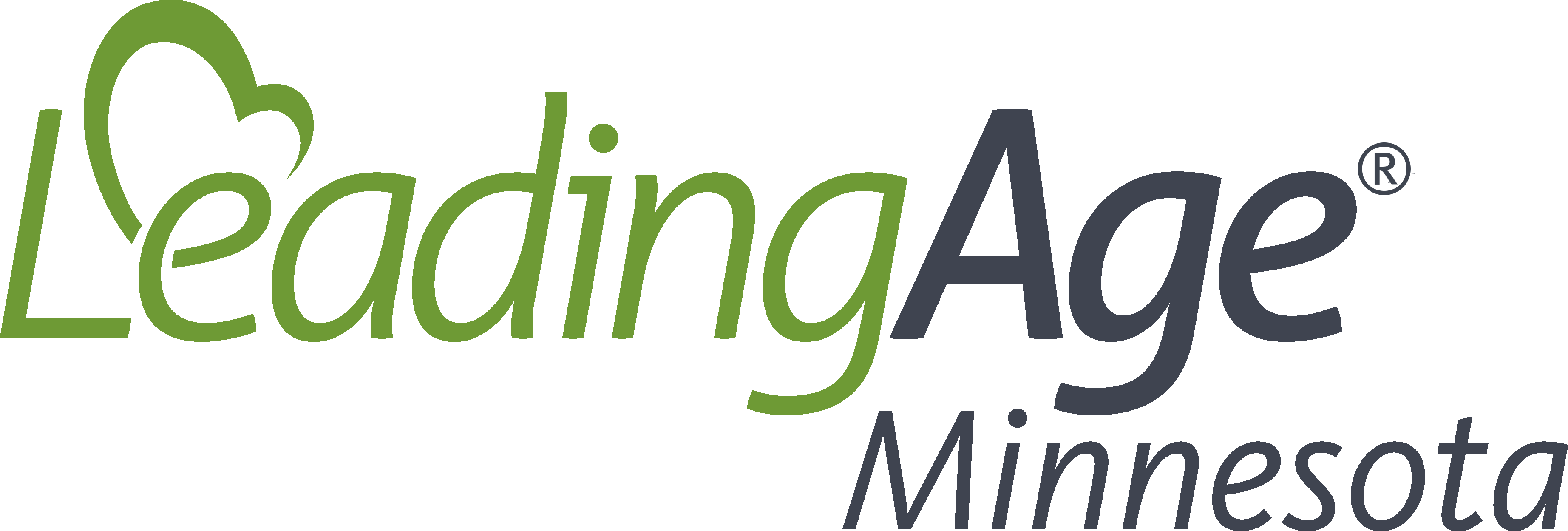MDH Expecting Individualized Abuse Prevention Plans for All Assisted Living Residents
Posted on July 14, 2021 by Kari Everson
Assisted living settings are working diligently to have the necessary components in place by Aug. 1.
Under the new assisted living license, which goes into place on Aug. 1, all assisted living residents must have an individualized abuse prevention plan (IAPP).
Currently, individualized abuse prevention plans are required for comprehensive home care clients. Therefore, IAPPs have not been needed for tenants not receiving services under the comprehensive home care license. Under the new assisted living license, this practice changes. Individualized abuse prevention plans will be required for all residents living in a building licensed as an assisted living regardless of whether they receive services from the nursing department.
This is a controversial decision from MDH. We have advocated for a change; however, they continue to state that these plans are required for every resident, not just those receiving services.
Writing IAPPs for residents who do not receive nursing services is different, and there is potentially less information to craft the plan. Consider the following when creating an IAPP for residents who do not receive nursing services:
- Review the Assisted Living Resident Bill of Rights and include in the resident’s plan interventions that speak to potential vulnerabilities of which the organization is aware. For example, you may state that the “resident is unable to manage their own finances. The organization will work with the resident’s financial power of attorney/resident responsible party/resident identified financial contract (choose what works for the situation).”
- Make sure to include things that we automatically do to prevent maltreatment, including staff training on maltreatment, how to recognize maltreatment, and how to report maltreatment.
- When you interview residents in the pre-admission / pre-move-in phase, those individuals doing the sales portion obtain a great deal of information about the resident. For example, whether the resident is having difficulty keeping their apartment clean. You should include these items in the plan.
- Each plan or the IAPP policy should have a statement indicating any investigations based upon issues brought forward about a resident will be reviewed for potential areas of maltreatment, and the IAPP will be updated as appropriate based upon those investigations.
When determining the process for writing IAPPs for this resident population, it is best to have a staff member who is not a licensed nurse complete these plans. The licensed nurses' scope of practice requires some level of assessment before they write a plan of this nature, regardless of whether an assessment is required by statute. Minnesota does not require that a licensed nurse write IAPPs. There are multiple options for operationalizing this system within our settings.
If you have questions about IAPPs for assisted living residents, please contact Kari Everson.
Comments
Add a comment
Members must sign in to comment
You must be a member to comment on this article. If you are already a member, please log in. Not a member? Learn how to join »

No one has commented on this article yet. Please post a comment below.